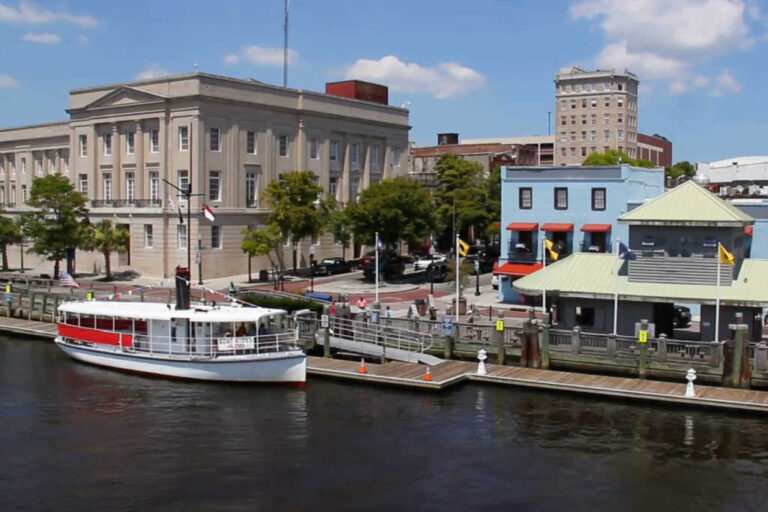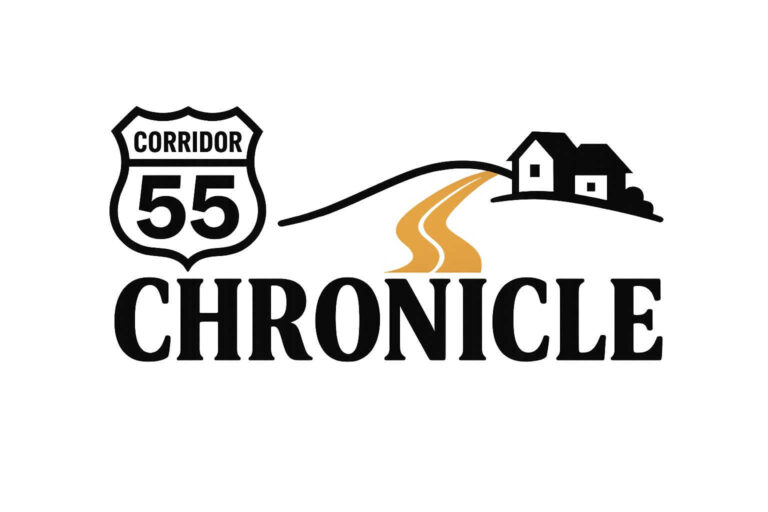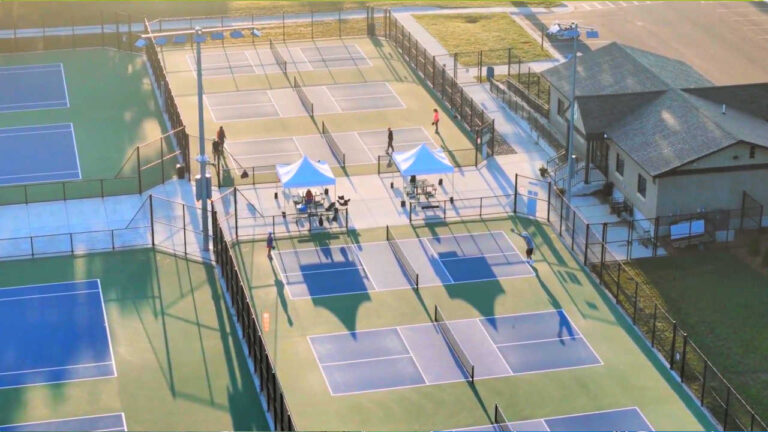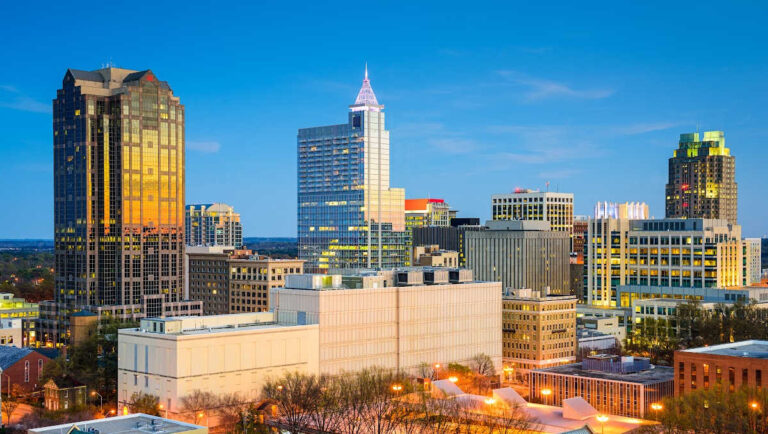What’s Happening with Insurance Rates: FACTS
Last week, the North Carolina Rate Bureau requested a massive increase in homeowners insurance rates.
They asked the NC Department of Insurance to increase the rates by an average of 42% across the state. We’re going to talk about
- why this is happening,
- how much this would actually cost North Carolinians,
- how likely this is to happen and
- when it would happen, if it did go through.
Unlike other businesses, insurance companies can’t just raise rates.
The Department of Insurance regulates insurance companies and what they charge customers. Because of this, if the price of rebuilding your home goes up, they have to make a request to raise North Carolina homeowners insurance rates to cover their increased costs.
If they are successful in negotiating for the rate increase, rates could go up as early as August of 2024.
How Much Will They Go Up?
Requests for increases in homeowners insurance rates were different by the county.
Some counties were as high as 99%. (Ouch!)
The areas along the coast were the highest, but the northern side of the coast was lower than the southern side.
Currituck, Dare and Hyde Counties, coastal counties north of the Pamlico river, had an increase request of 45%. The 45% request was only for the sections of the counties along the beach. Further inland those same counties had a 33% increase request.
Along the southern NC coastline, requests were even higher. Brunswick, Carteret, New Hanover, Onslow and Pender Counties all had 99% increase requests.
These counties include Southport, Beaufort, Atlantic Beach, Morehead City, Wilmington and Topsail. Just like the northern counties, the requests were lower inland. Eastern coastal areas are looking at a potential 71% increase.
Wake County and Durham County had a 39% increase request.
Chatham and Orange counties, those are just to the west of Raleigh had a 25% increase request.
They requested 41% for the Charlotte area and 20% for the Asheville area.
You can see the insurance rate request for all counties here.
If North Carolina Approves the Homeowners Insurance Rate Increase, What does that Mean Financially?
Right now North Carolina is slightly below average for the country for insurance rates.
The US average is $1687/year.
North Carolina is $313 less than that.
If there was a 42% homeowners insurance rate increase, North Carolina would be $292 above the national average, which would be $1979/year.
On average, this would cost an extra $50 per month. However, these numbers are based on a 250,000 home, which in many of North Carolina’s cities isn’t a realistic home value for most people. I would expect the increase in Raleigh and Charlotte to be double that amount, if the state approves the request.
This is where North Carolina’s insurance rates currently sit in comparison with the rest of the country.
This is where North Carolina’s rates would sit in comparison to the rest of the country if rates were to increase by 42% on average.
Why are NC Homeowners Insurance Rates Increasing?
Insurance companies do not set rates based on the market value of homes.
They set the rates based on the cost to rebuild a destroyed home.
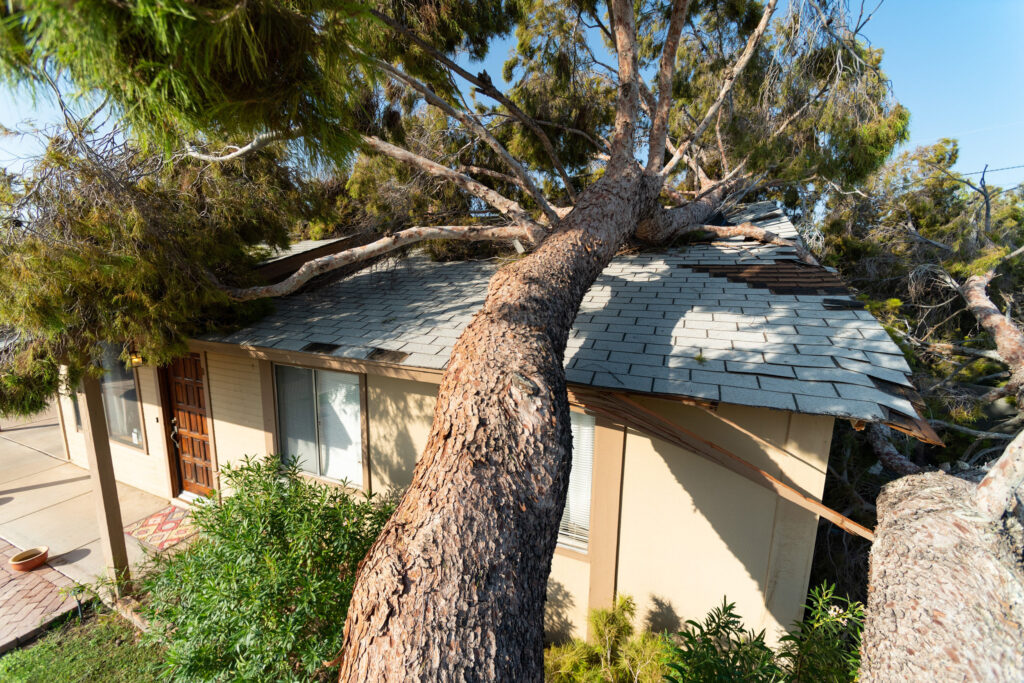
And that cost to rebuild has drastically increased over the last 5 years. During that time, prices have increased almost 40%. And although materials inflation is slowing, labor costs are expected to continue to increase due to the shortage of labor in the construction industry.
This is not a North Carolina issue. This is a national issue that will likely see similar effects across the country.
Will They Get These Increases?
Before any requests for rate increases will be approved, there will be a public forum to give the public the opportunity to negotiate these increased costs.
I spoke with my personal insurance agent and she assured me that these increases are very unlikely to happen anywhere near the amount requested.
In 2020, the Rate Bureau requested a 25% increase.
Ultimately was negotiated down to 7%.
So, yes, increases are very likely to happen. However, it won’t likely be anywhere near as high as the headlines are saying.
